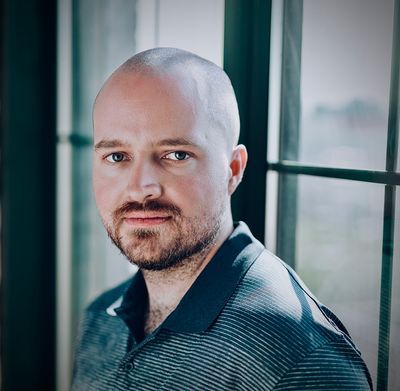If there’s one thing we need more of on the internet—and in the world more generally—it’s trust.
When I look around and take stock of all the business “best practices” that make me cringe, distrust is always lurking just beneath the surface.
When a business refuses to offer refunds, or charges a premium for customers who need a payment plan, what they’re really saying is “I don’t trust you not to steal from me.”
When a marketer uses aggressive scarcity and urgency, what they’re really saying is, “I don’t trust you to make your own decision, so I’m going to coerce you.”
This “trust rot” is at the core of so much of what’s broken with the internet, with business, and many of our cultural and governmental institutions at large. Not to mention it often reaches into our personal and professional relationships as well.
When trust between two parties disappears, our most selfish, antagonistic impulses run the show. And that, of course, leads to a downward spiral, marked by further distrust, and further antagonism, until the relationship crumbles.
On the flip side, humanity’s best attributes—connection, curiosity, generosity, empathy—come out to play when we trust each other. At a fundamental level, trust is the emotional glue that makes widespread collaboration and flourishing possible.
To shape the internet into the place we all want it to be—an open, generous, life-sustaining web of connection—trust has to be at the very center of how we operate.
How trust grows
Trust is an inherently vulnerable act. To trust someone or something is to run the risk of getting hurt. It’s an act of faith. It’s scary.
That’s why it’s so rare. We’re all wired for self-preservation. And when we feel, often rightly, that the “other side” is likely to abuse our good will, then it’s perfectly logical not to trust them in the first place.
But like I mentioned before, this dynamic can only spiral in one direction—towards alienation and conflict. When both parties wait for the other side to lay down their proverbial weapons, while themselves acting from a place of suspicion and aggression, no healing can ever take place. In this dynamic, a better world isn’t possible.
And it sure feels like the world is headed in that direction. Trust is becoming ever more scarce, and tensions are rising. Between businesses and their customers. Between governments and their citizens. And increasingly between creators, the platforms they use, advertisers, and their fans.
Here’s the hard truth about restoring cultures of trust; someone has to be courageous enough to go first.
To break the cycle of distrust, someone has to embrace the hard, scary, vulnerable act of giving generously without any promise of return. To be trustworthy, we must first trust others. To receive, we must first give.
That’s why defaulting to generosity is a core principle for how I’m running Ungated. And it's why I'm constantly experimenting with things like the Gift Economy, unlimited scholarships, and more.
I’m not naive enough to think I’m going to solve all the world’s problems by trusting people a bit more. But I do know that I can make my little corner the internet friendlier, and vastly more generous, and chip away at some of the distrust people feel (often rightly) towards online business.
And by working in public, and hopefully demonstrating how this mindset can lead to larger impact and financial abundance, perhaps other creators will jump on board as well. If they do, over time we can create a groundswell of generous creators, in diverse niches, all working to change the emotional dynamics of the internet.
Perhaps, by defaulting to generosity on this site, I can be one small domino that topples a few more. And who knows what'll happen from there.
if we play our cards right pic.twitter.com/65KsVIYWuC
— visa is 🎮-ing, brb (@visakanv) April 30, 2020

